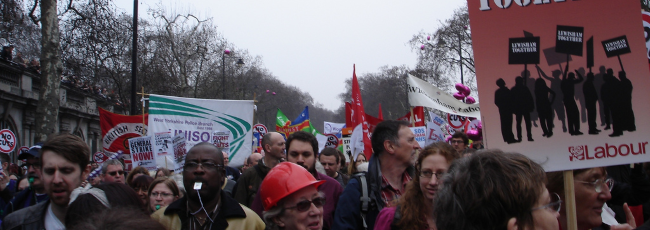Crispin Flintoff has started a campaign to ensure that CLPs are properly funded. This is an issue that I looked at during the democracy review but CLPs get something like 5% of the membership fees and its paid as a capitation fee. From this, and by observing the effort that goes into fund rasing, I concluded that the CLPs should get more of the membership fees and am happy to help Crispin.
CLPs spend their money on administration, campaigning and conference. Administration varies from basic member communication, inc. printing via room rentals to in some cases wages and property costs. There are usually three conferences per annum, with annual conference being a significant cost often beyond a CLP, many of whom fail to send delegates. Elections vary but some need to be funded by the CLP, some require a tax to be payed to the district or regional party. Some have to fund an election every year, some only three out of every five years. Some get financial help from the Labour Group, if there is one, and others from Party HQ, but the biggest and safest and the weakest CLPs get little help.

We could describe the current capitation as 5% of the membership fees. In my article “Brass“, I proposed raising it to 50%, I have changed my mind and today
- I propose doubling it (to 10%) and revising the rules around a floor so that small parties get what they need.
- and I would transfer the costs of Annual Conference to HQ
When thinking about the minimum grant, maybe there should be an investment fund where CLPs bid for the money to support projects aimed at growing the membership, building infrastructure (at the lower end, web sites/services, at the higher end, property maintenance) or growing internal fundraising efforts.
If so, I need to check out Crispin’s proposed motion and offer amendments.
There are some de-facto footnotes below/overleaf. …










